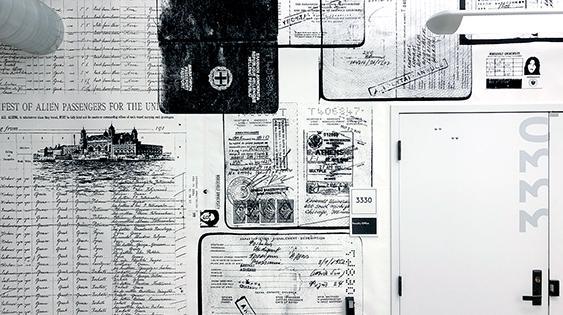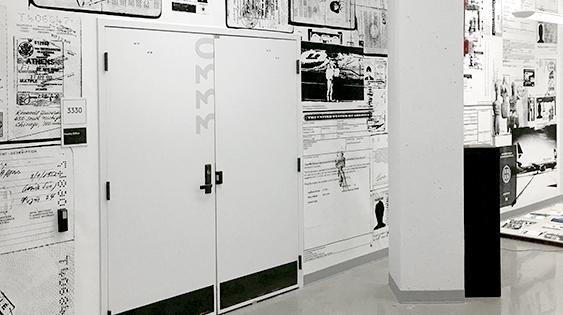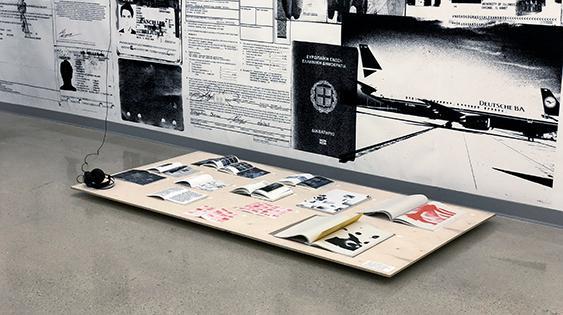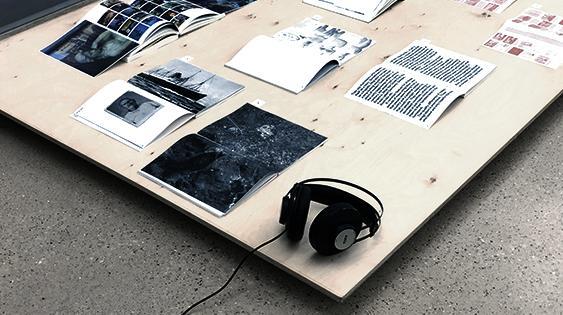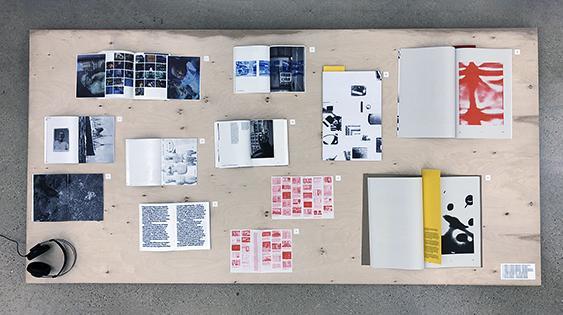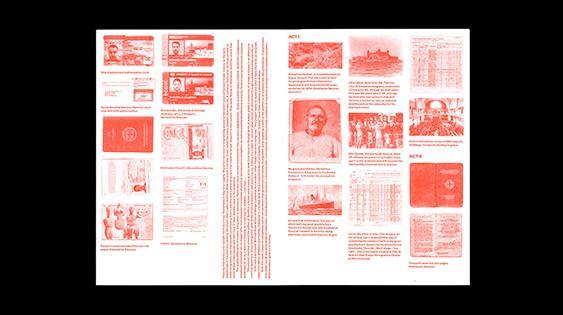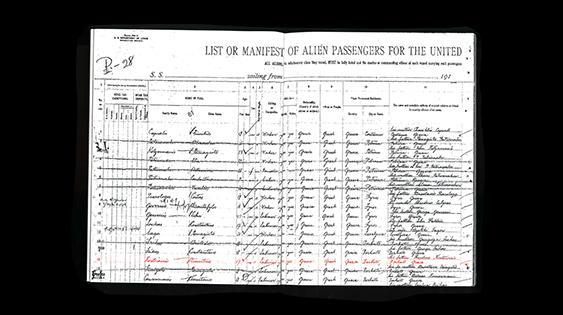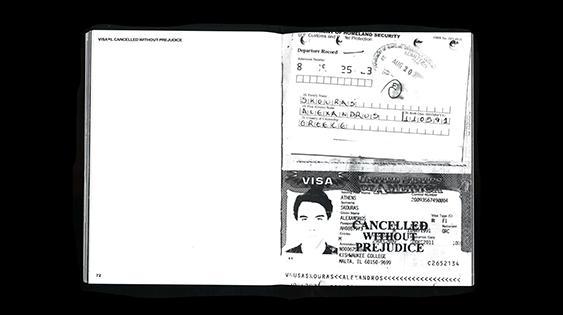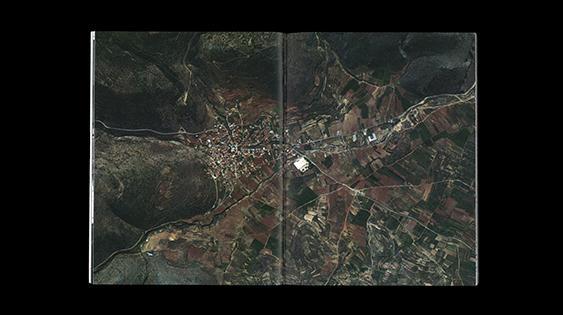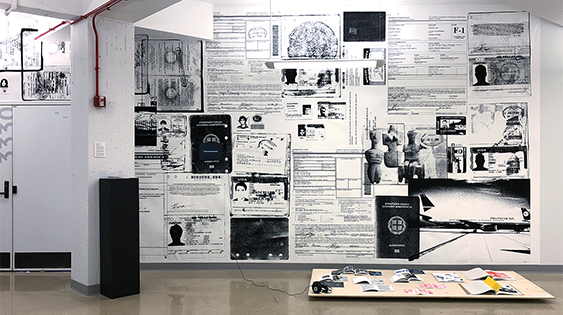Xeniteia, or a Temporary Displacement
They say that history only repeats itself as a hoax. Sometimes it may be a tragedy. Migration has been a long-lasting wound in recent Greek history. In the beginning of the previous century, the dream had a name: America. After the Greek Civil War, it was called Germany, Sweden, and Australia. A common feature of all of these periods of mass emigration was that people were fleeing a country and a political system that could no longer support its own people. They were fleeing to developed countries, where they could at last make a living and support their families back in the homeland.
The difference between this earlier era and that of modern emigration is enormous. Those who leave are only hopeful that they can live a dignified life.… A job, a quality salary, a dream—these are things their ravaged and plundered homeland can no longer offer them because of its system of political and economic corruption, as well as the neoliberal policies of austerity that have been implemented. Greece, having become an immense landscape of ruins, a desert in Europe, is recasting her children again.… As it was then.…
This project revolves around the notion of Xeniteia, a Greek word meaning to be away from home on foreign lands. It makes public a collection of private archives in an attempt to combine questions about immigration with forms of documentation and performance, inviting the viewer to connect what cannot be connected through a curated archival experience.
Critic and practitioner Michael Rock writes of design’s potential to translate “what it feels like to be living now.” This project seeks to represent what it feels like to be an immigrant away from home, relatives, and friends, displaced in a foreign land, living a regulated life of uncertainty, constantly “buying” more time, seeking a second chance.
With this work, I hope to instigate an active conversation that questions the causes of migration while exposing a shift in the aesthetics of bureaucratic documentation. Characteristic of broader social and technological transitions, these documents represent a dramatic shift, from relaxed, relatively simple standards for migration to today’s strict, complex, and often discriminatory systems of control.
Research pulls together an array of personal interests—modes of production and display, the reactivation of archival material, typographic detail, and personal and political narratives—into an installation, a publication, and a sound/video piece.
